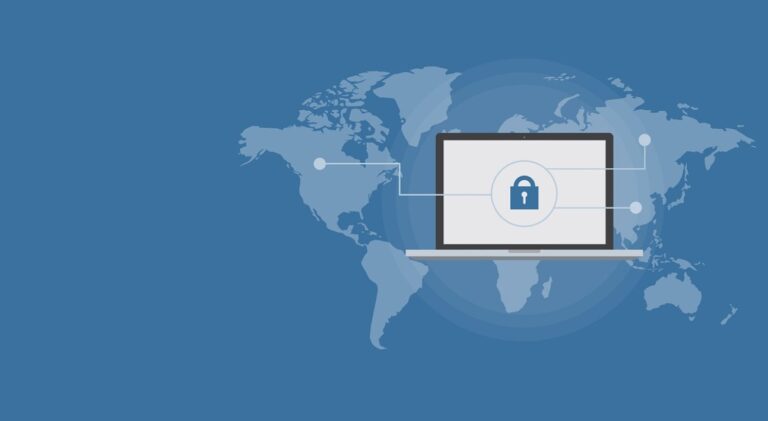Online security is essential for anyone using the internet. It is a measure of protection to keep your data, accounts, and devices safe from malicious activities. In this article, we will discuss what online security is, the different types of online security, the benefits of using it, common online security threats, best practices, steps to protect yourself, and popular solutions.
Introduction to Online Security
Online security is a set of practices that help protect your data, accounts, and devices from malicious attacks. It involves using various technologies, processes, and tools to protect your online data, accounts, and devices from unauthorized access and malicious activities.
The goal of it is to protect against data breaches, identity theft, malware, and other online threats. It also helps protect your online accounts and activities from being monitored and tracked. This is an important part of staying safe online and should be taken seriously.
Types of Online Security
There are several types of online security that can be used to protect your data and accounts. These include firewalls, antivirus software, password managers, two-factor authentication, encryption, secure protocols, and malware protection.
Firewalls are the first line of defense against malicious attacks. They are used to block malicious traffic from entering your network. Antivirus software is used to detect and remove malicious software from your device.
Password managers are used to help you create and store secure passwords. Two-factor authentication is an additional layer of security used to verify your identity before granting access to your accounts. Encryption is used to protect your data from being seen by anyone who doesn’t have the right key.
Secure protocols are used to ensure that data is sent and received securely. Malware protection is used to detect and remove malicious software from your device.
Common Online Security Threats
There are many different types of online security threats. These include malware, phishing attacks, ransomware, identity theft, and data breaches.
Malware is malicious software that is designed to damage your computer or steal your data. Phishing attacks are attempts to acquire sensitive information by pretending to be a legitimate entity. Ransomware is malicious software that is used to encrypt your data and demand a ransom in exchange for the data. Identity theft is when someone steals your personal information and uses it without your knowledge. Data breaches are when someone gains unauthorized access to sensitive information.
Best Practices for Online Security
There are several best practices you can follow to help protect your online security. These include using strong passwords, keeping your software and OS up to date, backing up your data, using two-factor authentication, avoiding public Wi-Fi, and only using trusted websites.
Using strong passwords is important to protect your accounts. You should also keep your software and OS up to date to ensure that they are secure. Additionally, backing up your data regularly is important in case of a data breach or system failure.
Using two-factor authentication is an additional layer of security that can help protect your accounts. Avoiding public Wi-Fi is important since it can be easily monitored and tracked by malicious users. Lastly, only using trusted websites is important since malicious websites can be used to spread malware or steal your data, as well as using content moderation for certain sites..
Steps to Protect Your Online Security
There are several steps you can take to protect your online security. These include using a VPN, setting up a firewall, using antivirus software, using a password manager, using two-factor authentication, encrypting your data, and only sharing your data with trusted sources and acquiring the services of trust and safety experts.
Using a VPN is important to keep your data safe and secure when you’re connected to the internet. Setting up a firewall can help block malicious traffic from entering your network. Using antivirus software is important to detect and remove malicious software from your device.
Using a password manager can help you create and store strong passwords. Using two-factor authentication is an additional layer of security that can help protect your accounts. Encrypting your data can help keep it safe from prying eyes. Lastly, only sharing your data with trusted sources is important since malicious users can use your data for malicious purposes.
Conclusion
Online security is an important part of staying safe online. It is a set of practices that help protect your data, accounts, and devices from malicious attacks. There are several types of online security, including firewalls, antivirus software, password managers, two-factor authentication, encryption, secure protocols, and malware protection.
Online security offers many benefits, including preventing data breaches, identity theft, and other online threats. There are also several common online security threats, including malware, phishing attacks, ransomware, identity theft, and data breaches.
There are several best practices you can follow to help protect your online security, including using strong passwords, keeping your software and OS up to date, backing up your data, using two-factor authentication, avoiding public Wi-Fi, and only using trusted websites.
There are also several popular online security solutions available that can help you protect your data and accounts from malicious attacks.

0 Comments